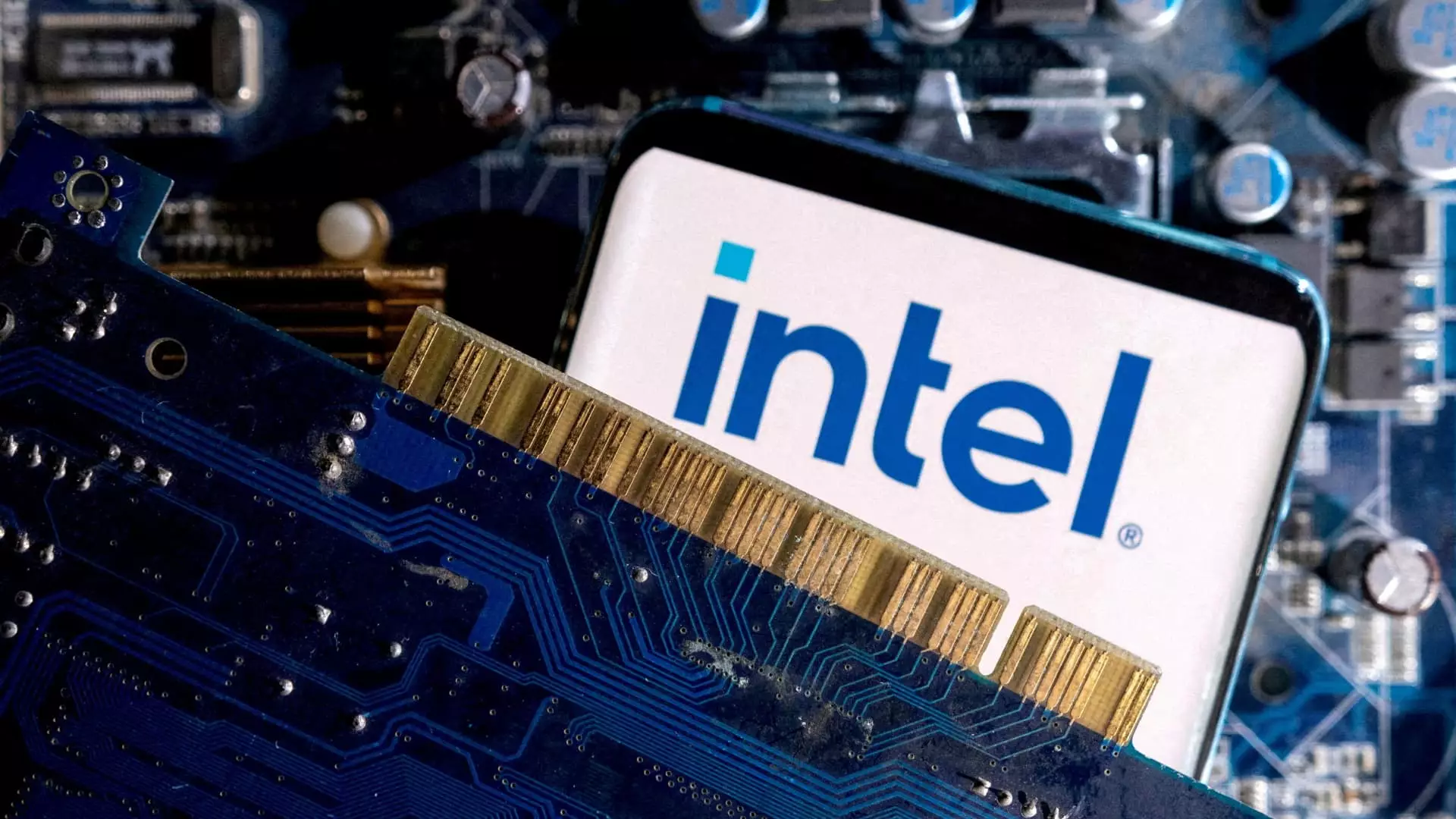In a significant restructuring maneuver aimed at rejuvenating its business, Intel Corp has announced a plan to divest its venture capital division, Intel Capital. This initiative highlights a strategic pivot for the tech giant as it grapples with challenges in the semiconductor industry, marked by substantial stock market setbacks and operational inefficiencies. By transforming Intel Capital into an independent entity, Intel seeks to invigorate its investment strategies and bolster its financial resources.
Intel is making headlines not just for the spin-off itself, which is set for completion in the second half of 2025, but also for the context in which this decision arises. The company has experienced tumultuous times, facing its worst stock performance since its IPO in 1971. Factors contributing to this decline include the loss of market share precipitated by rising competitors and an inability to keep pace with rapid technological advancements. This performance has forced Intel to reevaluate its structural organization, leading to a series of decisive changes, including leadership shifts and workforce reductions.
These changes are part of Intel’s broader strategy to streamline operations following the three-year tenure of former CEO Pat Gelsinger, who was dismissed in December 2022 after failing to reverse the declining market trend. The appointment of interim co-CEOs David Zinzner and Michelle Holthaus signals a fresh direction as Intel strives to strengthen its core PC chip business while simultaneously investing heavily in next-gen manufacturing technologies.
Intel Capital’s New Chapter
Intel Capital has traditionally served as a funding source for startups and emerging technologies since its inception in 1991. The decision to spin off Intel Capital is particularly noteworthy not just for the financial implications but also for what it signifies about Intel’s evolution. By allowing Intel Capital to become an independent firm, the chipmaker is poised to attract outside investment, thereby diversifying its funding sources and potentially enhancing its portfolio management capabilities.
The move mirrors trends seen in the broader tech landscape, where corporate venture capital firms have increasingly shifted towards independence. Such a strategy has been successfully executed by companies like SAP, which rebranded SAP Ventures as Sapphire Ventures after spinning it off as an independent entity. This trend illustrates not only a change in operational strategy but also a recognition of the need for agility in investment activities in an era of rapid technological change and market unpredictability.
The Impact on Intel’s Future Strategy
The ramifications of Intel Capital’s spin-off extend beyond capital allocation. For Intel, the ability to raise funds from external investors will potentially empower it to explore more innovative investment opportunities. As the world continues to navigate the complexities of digital transformation, capital flow into the tech sector remains scrutinized, particularly given the tightening macroeconomic conditions characterized by rising interest rates.
With the corporate venture capital space reaching its peak in 2021, interest from investors has seen a downturn. Nonetheless, the spin-off of Intel Capital potentially positions it to capitalize on future growth opportunities in emerging markets and disruptive technologies. By creating a new enterprise that is agile and market-responsive, Intel’s foresight may open avenues for collaboration with other ventures, thereby enhancing innovation cycles.
Despite the opportunities that arise from this bold strategic realignment, Intel faces considerable challenges. Historical missteps in execution and maintaining competitive market positioning must be addressed if the company hopes to rebound effectively. Future independence of Intel Capital hinges not only on leveraging investments wisely but also on establishing a robust market identity separate from Intel’s legacy.
Furthermore, the transition must be managed with minimal disruption to ensure stability for the employees and stakeholders involved. Creating a clear operational framework post-spin-off will be critical to operational success and ensuring that Intel Capital can thrive as an independent entity.
While Intel’s decision to spin off its venture capital arm marks a pivotal moment in its ongoing transformation, success will depend on the company’s ability to navigate the complexities of the investment landscape and adapt to the evolving technological environment. This realignment may well set the stage for Intel’s resurgence in the competitive tech arena.

